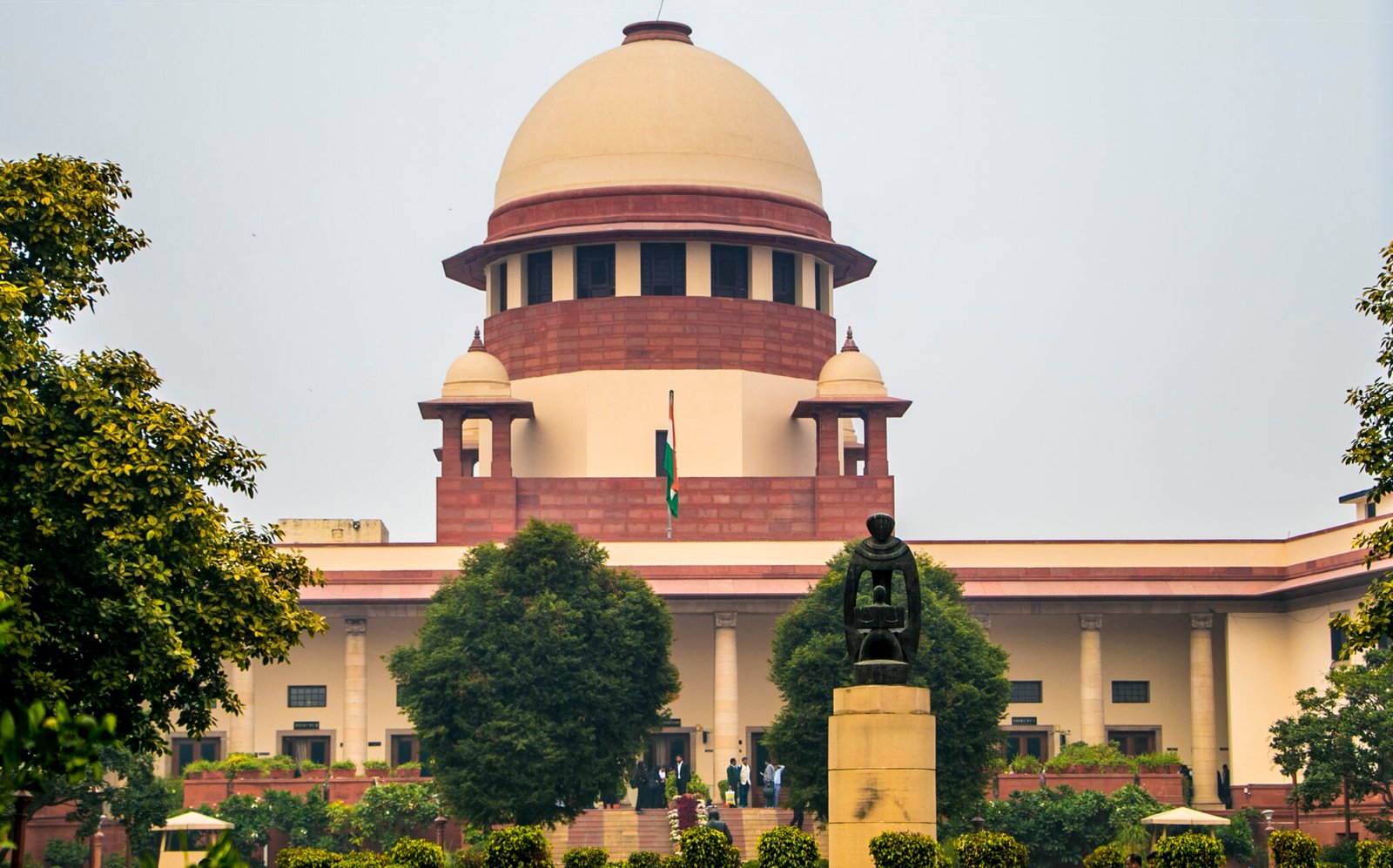During a hearing on Wednesday, a bench of Justices Vikram Nath, Sanjay Karol, and Sandeep Mehta orally observed that unethical marketing practices, including the alleged bribing of doctors to push irrational or high-cost branded drugs, could be effectively curtailed if doctors were legally bound to prescribe only generic medicines.
The court’s comments came in response to a public interest litigation (PIL) filed by the Federation of Medical & Sales Representatives Association of India (FMRAI), along with allied public health advocates, seeking enforceable guidelines or a statutory code of ethical marketing for pharmaceutical companies.
Justice Mehta, pointing to recent developments in Rajasthan, noted that an executive instruction in that state mandates all medical professionals to prescribe only generic drugs — without naming specific brands — and suggested that similar steps could help address unethical incentives across the country.
Petition Demands Legal Teeth for Ethical Marketing
The PIL contends that pharmaceutical companies are engaging in systematic and large-scale bribing of doctors to promote high-cost and irrational medicines. Petitioners have requested the Court to either enforce the existing Uniform Code of Pharmaceutical Marketing Practices (UCPMP) or empower it with legislative backing to regulate the pharma sector’s interactions with doctors.
ALSO READ: Call for Cyber Experts: Join FCRF Academy as Trainers and Course Creators
The petition, drawn by Advocate Surabhi Agarwal and filed by Advocate Aparna Bhat, also asks the Court to direct authorities under Articles 32, 141, 142, and 144 of the Constitution to implement the code as binding, pending legislative action. A counter-affidavit by the Union government stated that a high-powered committee has been formed to examine the matter, though the Court noted that its recommendations remain undisclosed.
Legislative Lag, Executive Gaps
Counsel for the petitioners highlighted that while the Indian Medical Council has issued directions to prescribe generic drugs, there exists no statutory mandate. The current framework, they argued, is a “voluntary code,” lacking enforcement mechanisms and prone to violations.
The Court appeared inclined to explore solutions during the post-vacation session and scheduled the matter for further hearing on July 24. Meanwhile, petitioners cited the long-standing absence of legal deterrents as a key factor behind persistent malpractice in the sector.
Context
Petitioner No. 2 is the Secretary of FMRAI, and Petitioner No. 3 represents Jan Swasthya Abhiyan, an organization engaged in public health advocacy. Both entities have long campaigned for stronger governance mechanisms in pharmaceutical marketing.
The case, Vijay Mehta v. Union of India, continues to test the judiciary’s role in enforcing ethical norms in India’s healthcare system — a sector often criticized for its opaque relationship with pharmaceutical corporations.


